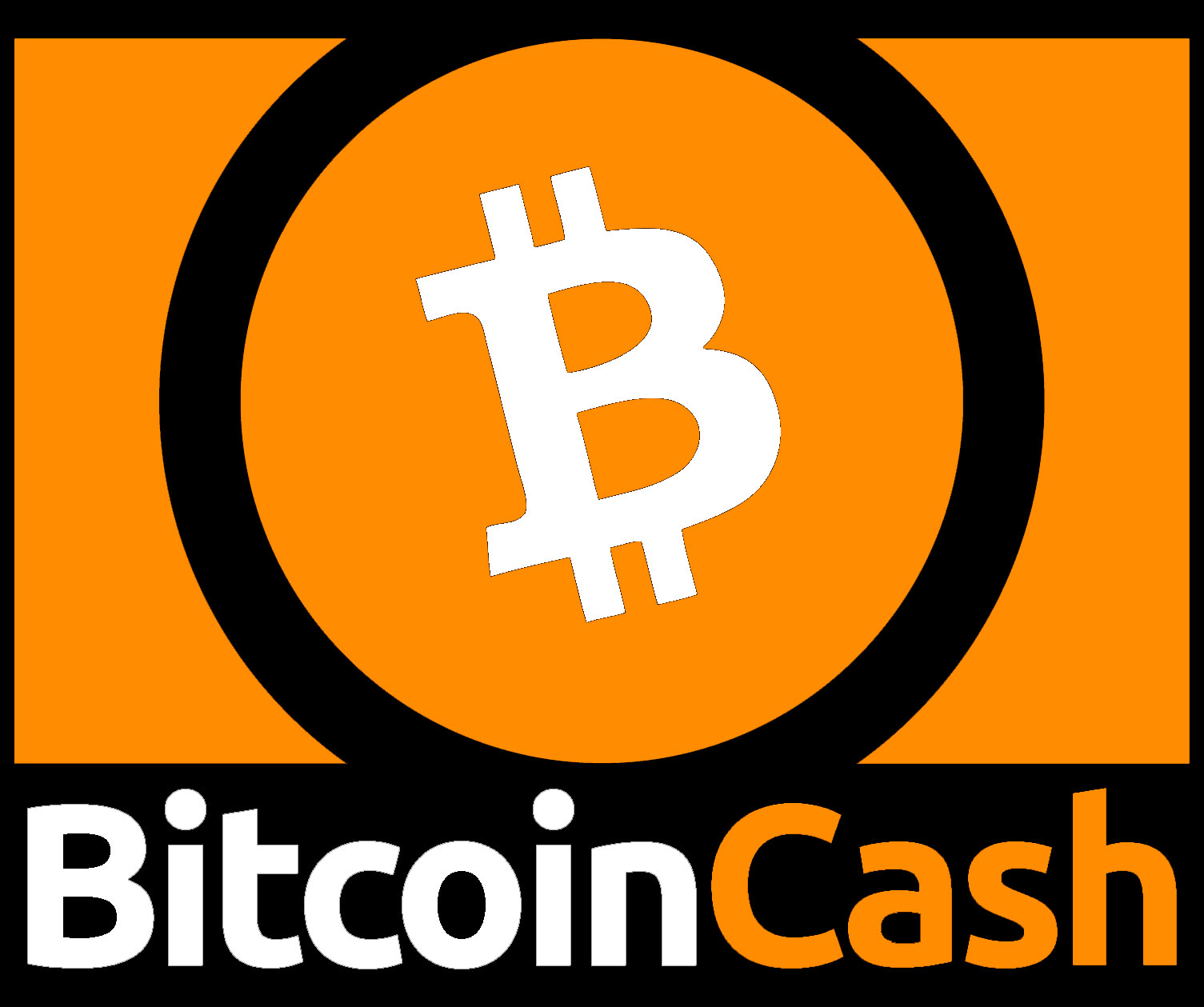Bitcoin Cash was created when a group of developers and miners who worked on Bitcoin split the Bitcoin blockchain into two – Bitcoin and Bitcoin Cash – in what is known as a hard fork, in an attempt to overcome issues of scaling and transaction speed. Additionally, those that want to get involved with Bitcoin Cash will also be asking themselves; what is a Bitcoin Cash wallet?
Pretty much everyone these days is now aware of what Bitcoin is to some degree, but another similar name they may have seen floating around is Bitcoin Cash. Bitcoin Cash uses the BCH ticker symbol and has been on the cryptocurrency scene since mid-2017.
Bitcoin Cash Wallets
For those that don’t know, a Bitcoin Cash wallet is a virtual wallet where Bitcoin Cash can be kept safe and be used to make payments. In a virtual wallet, you can store both physical money and virtual money, such as cryptocurrency.
Many wallets are able to support a variety of different cryptocurrencies, however, they can offer very different features, vary in user-friendliness, how well they function, and the operating system they require to operate. That is why it is advised that people do a fair amount of research before they pick the wallet they want to use.
Bitcoin Cash was quickly accepted by a number of wallet providers. Here are some of the most used wallets to store Bitcoin Cash (in no particular order):
- Jaxx
- BTC.com
- Trezor
- Ledger Nano S
- KeepKey
Once you have a secure wallet to keep your Bitcoin Cash, you can start trading. Bitcoin Cash is available to be traded in a number of well-known and legitimate cryptocurrency and forex exchanges such as Kraken, Bitfinex, and Bittrex, for example. Brokers are also increasingly interested in trading Bitcoin Cash as well.
Bitcoin Cash Compared to Bitcoin
Bitcoin Cash has been slandered by many within the cryptocurrency community as essentially a clone of Bitcoin. This is simply not true. Although the two are similar and have the same origins, there is a significant difference between them.
While Bitcoin is extremely secure and has a dedicated user-base, it has major problems with speed, only managing approximately seven transactions per second. In comparison to VISA which can manage approximately 1,700 transactions per second, it is simply not convenient.
This also relates to the issue of scalability, which is a big topic in the cryptocurrency community.
As Bitcoin becomes more and more popular, its transaction speeds continue to get slower as it is not able to cope with so much information. Bitcoin just wasn’t built to support so many users.
Bitcoin Cash overcomes these two issues by increasing the block size from 1 mb to 8 mb. This means that when a block is verified by a miner it can contain approximately eight times more transactions within it, meaning more transactions can be verified at once.
Hence, in real terms Bitcoin Cash is faster and can potentially support more users than Bitcoin.
Pros and Cons of Bitcoin Cash and Bitcoin
Bitcoin Cash has some recognizable pros and cons. These are presented beside that of Bitcoin in the following table:
| Pros | Cons | ||
| Bitcoin | Bitcoin Cash | Bitcoin | Bitcoin Cash |
| Transaction cost is Cheaper at 10 % of a cent | Transaction cost is costly at 15 cents | ||
| Uses Proof of work considered energy-intensive | Uses the same energy-intensive proof of work algorithm | ||
| Processes 100 Transaction per second | Processes 10 Transactions per second | ||
| Leads the market with more than 51 percent of market capitalization | Is the 4th leading crypto with 8 percent of market capitalization | ||
| Boasts of better scalability | Scalability is a major challenge | ||
| Could benefit from newer technologies like lightning network | Better processing speed is possible with newer technologies | ||
| High in investor confidence | Investor confidence is lower | ||
| Higher profits for miners | Lower profits for miners at 50 % lesser than Bitcoin | ||
| Large spread of trading pairs | Fewer trading pairs | ||
| Works best as a store of value | Works best for transaction purposes |
Valuation
Bitcoin Cash is currently the 4th largest cryptocurrency, as of October 2nd, 2018, and one token cost $536.08. It has a market capitalization of $9,317,111,350 with 17,380,225 tokens in circulation and a max supply of 21,000,000 tokens.
Looking back over Bitcoin Cash’s past valuations, it reached its highest point in December 2017 with one token costing $4,091.70 and a market capitalization of $69,013,578,682.
Popularity
If a cryptocurrency doesn’t develop a community around it and/or a solid user-base, it usually dies out and disappears. Thankfully, Bitcoin Cash has found a stable community. Many who support Bitcoin Cash were originally Bitcoin users who were concerned with Bitcoin’s future. Many were unsure if Bitcoin can overcome the issues of slow transaction speeds and scalability, as well as the lack of a consensus on how to deal with those problems.
Bitcoin Cash can be used to make payments with a number of large companies, including some tech giants, such as Microsoft and various other electronics providers. Bitcoin Cash can also be used for more practical purposes as well.
For example, in Europe, it is believed that up to 31,000 restaurants accept payment in Bitcoin Cash. More significantly though, back in March 2018, many platforms got established that helps merchants accept payments in Bitcoin, have now also started accepting Bitcoin Cash, which opened up the cryptocurrency to many other companies and industries.
Conclusion
It’s highly likely that Bitcoin Cash will continue to grow in popularity and compete with Bitcoin if it proves to be a better alternative. However, to get to this point it will take a considerable amount of time as Bitcoin is very well-established as the dominant cryptocurrency in the world.
The team behind Bitcoin Cash also need to educate the general public on the differences between Bitcoin and Bitcoin Cash as many are still under the misconception that Bitcoin Cash is simply a clone of Bitcoin and offers nothing unique.

Bulls on Crypto Street is a trading education website dedicated to digital assets such as Bitcoin, Ethereum, DeFi, NFTs, and other new advancements in the Metaverse.

